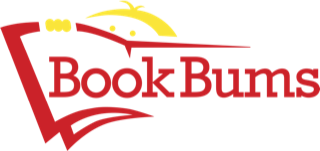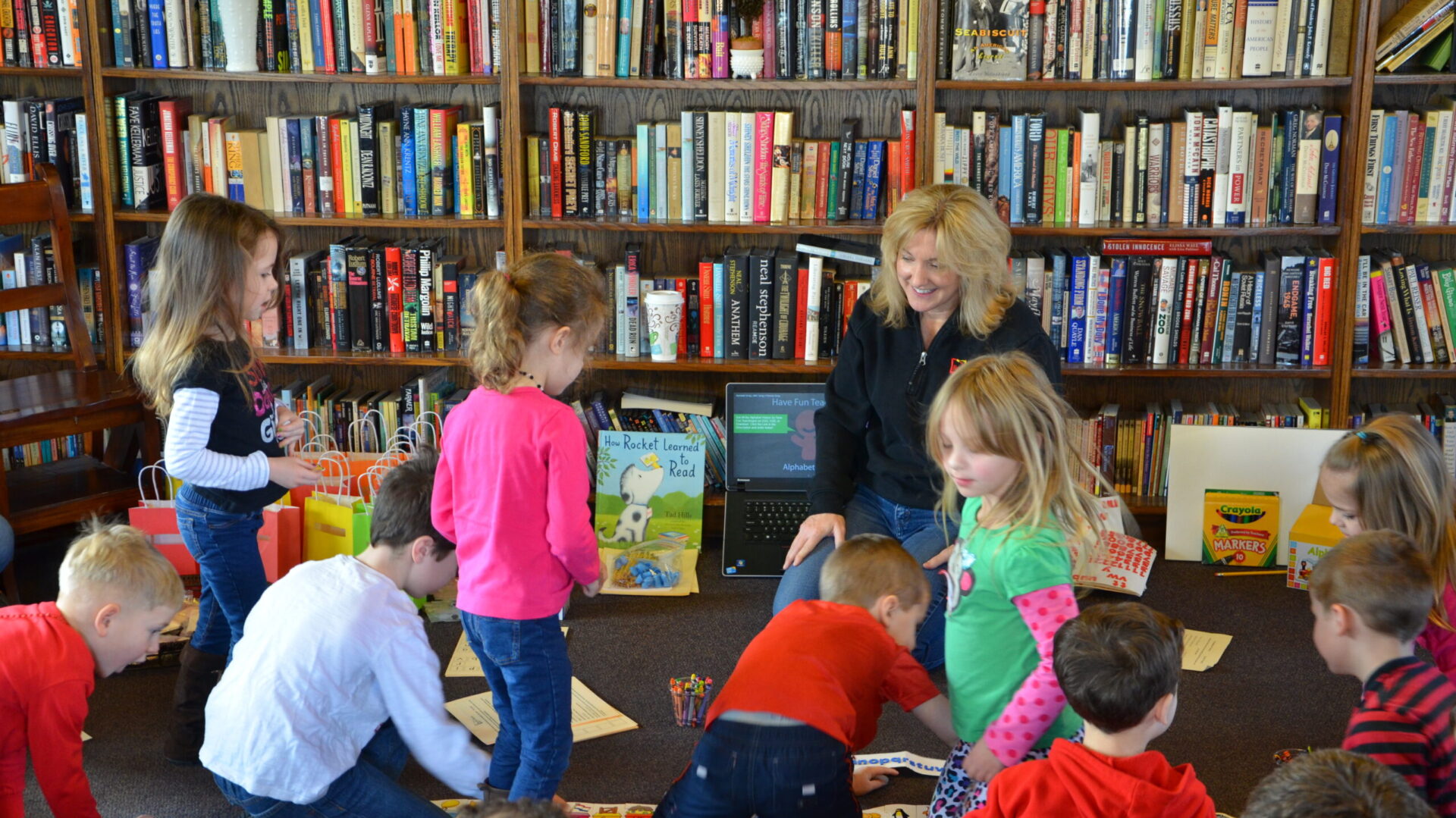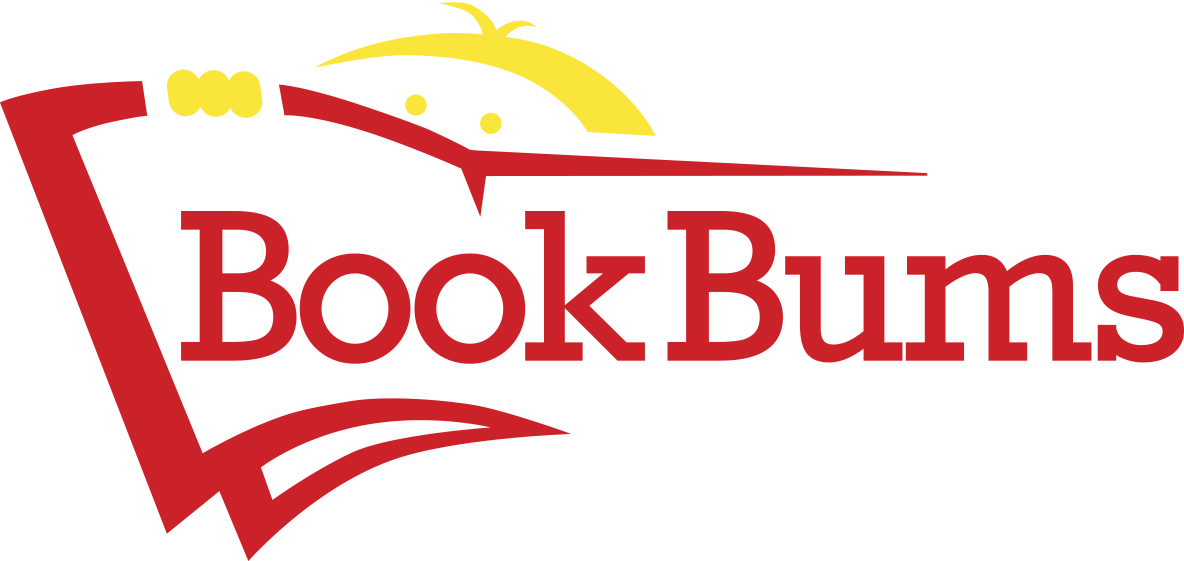
Hello Book Bums families!
We hope you are enjoying your summer adventures, whether they are happening in the real world or in the pages of books. This week in the newsletter we reflect on the joy of reading and helping kiddos become independent readers. We also share book recommendations and ideas for enjoying your own backyard. Read on and enjoy!
Alone we can do so little; together we can do so much.
-Helen Keller
Bookbums.com is an Amazon Associate; We earn from qualifying purchases. This means that if you click on a link to Amazon.com and make a purchase, We may earn a small commission at no extra cost to you. We do recommend the products. Feel free to find them by other means.
Word of the Week
concoction (kon-kok-shun) noun/person, place, or thing - a mixture of various elements or ingredients
The dessert was a delicious concoction of pound cake, strawberries, raspberries, and whipped cream.
Literary Calendar
- June 27 is the birthday of Helen Keller.
- She lost both her sight and hearing due to illness when she was 19 months old.
- She became an author, disability rights activist, and lecturer.
The best and most beautiful things in the world cannot be seen or even touched - they must be felt with the heart.
-Helen Keller
From our Bookshelves
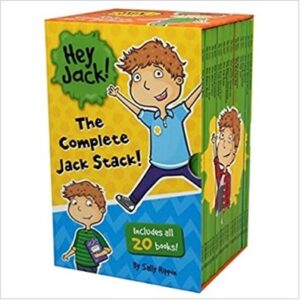
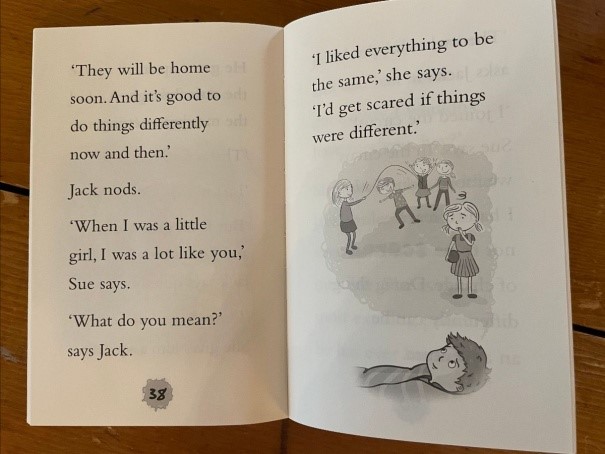
I recently discovered the Hey Jack! series, written for beginning chapter book readers, and I am loving them. Jack is a boy who experiences the highs and lows of just being a normal kid, and we get to come alongside to see what happens. There are practical lessons to be learned within each story, so kids are becoming more skilled readers while also learning to navigate this big, sometimes complicated, world of ours.
Right now, you can receive 20 books for only $55.21 on Amazon. That’s just $2.76 per book—which is a great deal for teachers and parents of students ages 4-8! The success kids experience as they read book after book in this series just might be the way your young kids get hooked on reading.
Tips for Readers and Writers
At Book Bums, we teach kids to read by teaching fun-focused phonics lessons in a progression that gives kids access to words very quickly. In about 20 weeks, we can get most of our students accurately decoding most every word on the pages of the books they long to read.
During assessments, parents often ask, “How far in the Foundations for Literacy phonics lessons is considered first grade level or second grade level?” It’s a fair question. But the answer is tricky. Truthfully, to navigate even the very early readers (like the Hey Jack! books we shared above), kids must have access to all the phonics rules, because authors of high-quality children’s literature use all the words!
More and more decodable readers are making their way into classrooms. (You know . . . Pat sat on the cat. The cat is flat. . .) These readers are often quite stilted and don’t sound like the good stories we normally enjoy, but they have a place. It’s true that the story may not be the greatest, but the joy that can come from having successfully read a book on one’s own might be reward enough—at least for a while.
At Book Bums, however, we don’t use decodable readers. We’d rather spend our time and money on tools that help us move forward faster. We trust the process, making our way through the phonics lessons just as quickly as possible, and then, the first book our kids read with us is a beginning chapter book. It works every single time.
At Book Bums, we often ask parents to stop requiring their kids to read every day because without being equipped with the code, kids aren’t reading—they’re guessing what words might say. When kids hate reading, it’s often because the cognitive load for “figuring out words” (using pictures and context clues) is absolutely exhausting. We teach our students that they don’t have to know words or remember words. They simply make the sounds they see, moving from left to right across each word, knowing what they know about how words work. Kids who learn to decode words, beginning slowly and laboriously, end up being perfectly fluent readers; but they also read accurately. Kids who are being taught to memorize sight words, far too often, misread words. Someone shared that sight word readers reach into their mental junk drawers, filled with all the words they’ve memorized; but they often grab the wrong words, not even realizing they’ve done so.
Tips for Families
We had the great privilege of having our grandkids stay with us for a week last week. We wanted to give them the gift of thoroughly enjoying being outdoors, so I planned a couple of projects that included a well-appointed mud kitchen and a glorious dirt pile.
My husband whipped up the counter for the mud kitchen. I’d been collecting cheap enamel dishes from antique shows, and I’d stashed away those darling jam jars with the red and white gingham-checkered lids (Bonne Maman brand) for about a year. Emry gathered clover flowers, pulled them from their stems, and used them as sprinkles for her mud concoctions. She made salads from leaves that were topped with tiny pinecones from our hemlock tree. Sand from the sandbox made terrific salt or sugar (depending), and she made everything from soups to heart-shaped cakes. What fun we had!
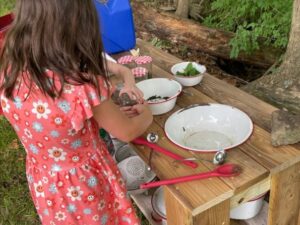
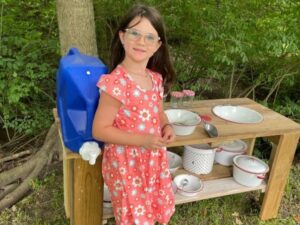
For about $35, my husband purchased a load of dirt. I’d laid some cardboard on the ground, and then we scooped the dirt on top. I edged the dirt, to contain it, with some logs we had from cutting down a tree. Next, I pounded 6” stakes, made from tree branches, into the ground to keep the logs in place. I added some pinecones, a couple of logs, and some big rocks for the monster trucks to contend with. I tell you, Easton thought he was in heaven! We stayed outside all day long. I even brought out the red checkered tablecloth for a picnic dinner!
The kids ate well, slept well, and thoroughly enjoyed their time at grandma and grandpa’s house. Mission accomplished.
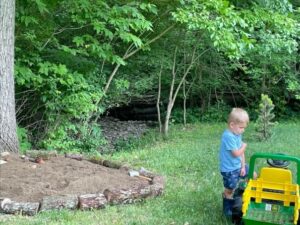
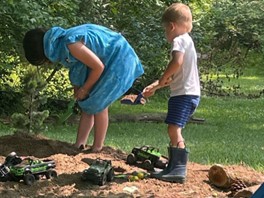
P.S. While the kids were playing in the creek, they found an old car that had, likely, once belonged to their daddy. I told them that it was evidence of another summer well spent. Truly, it was.
• The Latin root con means with.
• In English, we use it as a prefix; so you'll see it at the beginning of many words, including our Word of the Week, concoction.
• How many con words can your family think of?
Wordology Workshop
Practical Grammar
This one is more for parents and teachers, but it’s a handy little tip that will help beginning writers. When I found this graphic, I knew it was the right time to share it.
When young children are writing words like tree, train, and truck they often use a c-h-r. When we make those sounds, together, it sure sounds a lot like /tr/. I get it. Don’t you?
The same thing can happen with words like drum, drain, and dragon. Kids often use j-r. Try saying drain with a j-r instead of a d-r. They sound nearly identical.
First, if your kids are doing this, don’t fret. Celebrate! They’re leaning on the sounds as they’re recording their thoughts. That’s huge! Though these are some tricky sounds, the tip simplifies it a lot.
C-h-r is never used when the c-h says /ch/ like Cheerios. (Only when it sounds like /k/.)
And there are no words with j-r, ever.
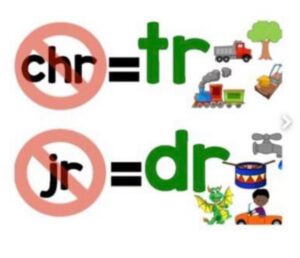
If you know someone who would benefit from our newsletter or tutoring at Book Bums, please share this email with them! Thank you.
Copyright © 2024 Book Bums, All rights reserved
Our mailing address is:
7967 Cincinnati-Dayton Road Suite L
West Chester, OH 45069
